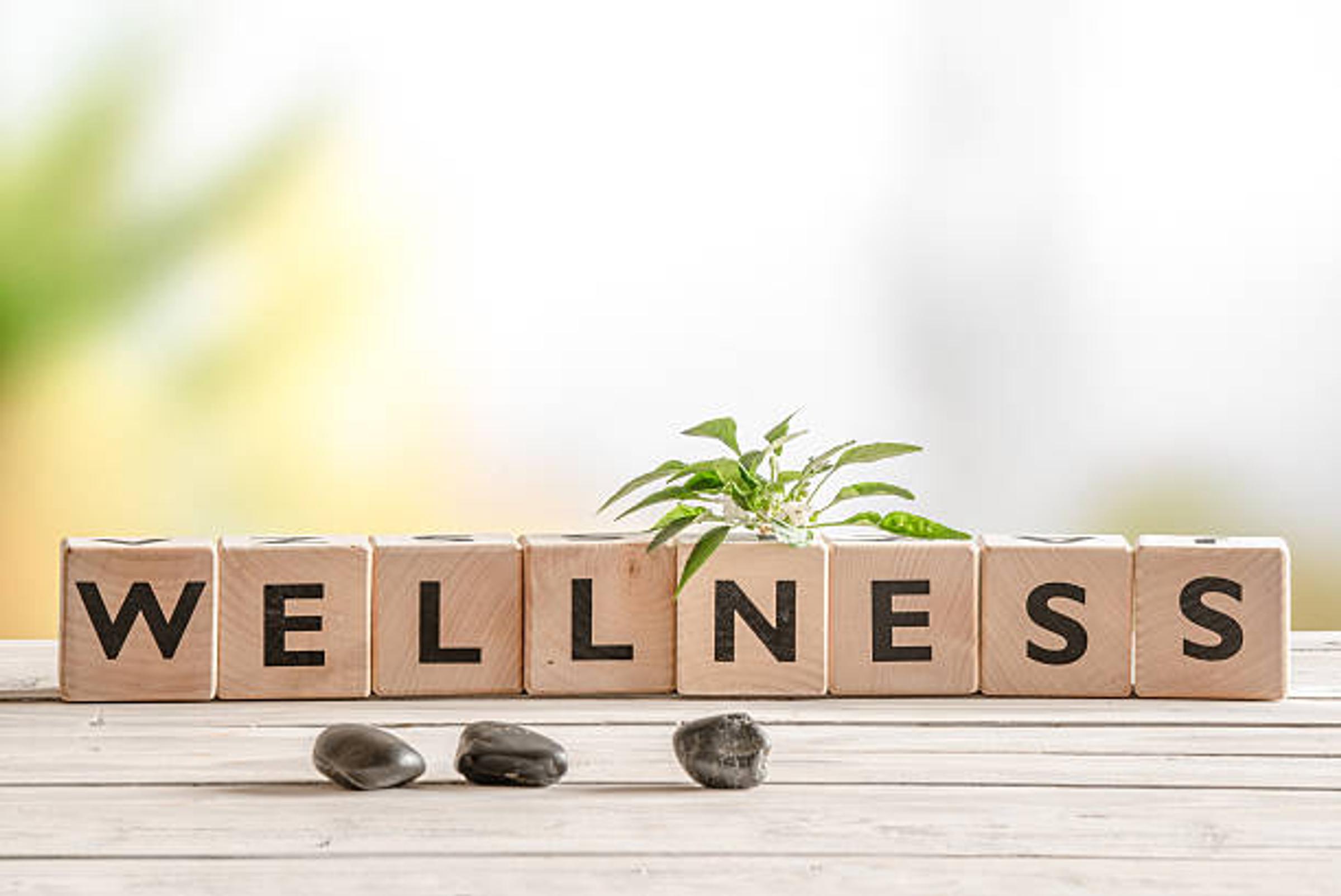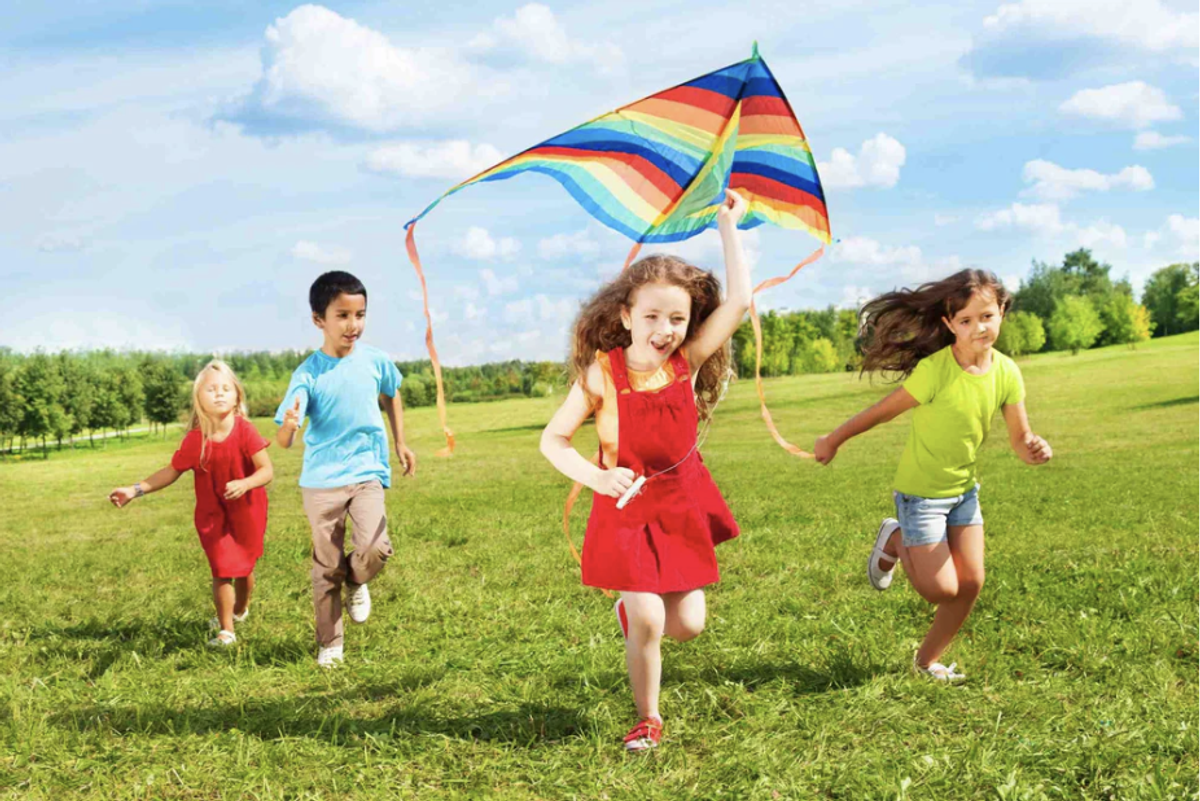Pastoral Wellbeing

10 Screen-Free School Holiday Activities For Your Kids
School holidays are a time for kids to unwind from their busy curriculum schedules. Sadly, it’s also a period when they gravitate towards screen-based entertainment. From smartphones, tablets, and televisions, the modern child is spoilt for choice when it comes to things to watch.
While screen-based activities can have some advantages, access to devices should be managed responsibly to avoid ruining kids’ health. Thankfully, there are non-digital options with active benefits for your child. This article discusses ten of the best screen-free activities that’ll keep your kids entertained during school holidays.
1. Flying a Kite
What’s more fun for a kid than flying a kite? It’s a fantastic outdoor activity for kids of all ages, especially on a windy day. Kite-flying allows kids to have fun while burning off excess energy and developing their gross motor skills.
A great thing about kites is that they come in different shapes and forms. This allows kids to experiment with a variety of designs, keeping them engaged for longer.
Other than getting kids outdoors and keeping them off screens, kites inspire creativity, nurture social bonding, and enhance their mindfulness.
2. Creating Puppets
Making puppets is another enjoyable way to keep your kids away from screens. Puppet-making is easy, and you can start by using materials found in your home. Chances are you have old socks, pieces of foam, or old newspapers for papier mâché, so here’s an opportunity to repurpose them! The type of puppet you make depends on the materials you can access.
Next, you’ll need simple tools such as scissors, glue, thread, markers and paints to bring your puppet to life. Once complete, you can role-play or put on a real performance!
3. Baking
For an activity with a delicious outcome, try baking with your kids. We all know kids have a sweet tooth, so they’ll jump at the opportunity to help bake some treats to eat.
Start by setting them up with some cooking equipment and a recipe book. Simple recipes for children include banana bread, cupcakes, and cookies. Practising tasks such as measuring and pouring ingredients encourages critical thinking and enhances your child’s motor and sensory development. Furthermore, cooking is one of the best skills to teach your kids from an early age.
4. Bike Riding
Bike riding is one of the all-time favourite outdoor activities for kids. Children love to compete with one another and riding a bike gives them a chance to do this while exercising and socialising. Riding a bike can also help children develop confidence and independence, plus kids of all ages can participate.
For young children, start with a tricycle or balance bike until they gain the strength and skills to transition to a bicycle. Also remember to supervise and guide young kids to avoid unnecessary injuries.
Cycling provides essential benefits for kids' physical and mental growth. Strength, stamina, self-confidence and coordination are just some of the many rewards.
5. Roller Skating
Closely related to cycling, roller skating is another outdoor activity to entertain kids during school holidays. This recreational sport can be done independently or as part of a group. Plus, it’s a mode of transport that’s a little more exciting than walking!
Roller skating is an activity for kids of all ages, but beginners should be cautious. Unlike bikes, skates do not have brakes. Therefore, stopping involves delicate balancing, which can be challenging for new skaters.
However, the fun part is the whole family can participate, making it easy to assist inexperienced skaters. Skating offers several benefits, including muscle development and balancing skills.
6. Drawing
If your kids are tired from running around, cycling, and skating, let them draw. Provide a range of art media such as crayons, pastels, pencils, charcoal and markers plus a sketchbook or paper roll to unleash their inner artist!
You may also consider buying a drawing set that provides all the essential tools in one convenient kit. This saves you the hassle of looking for separate items. Among the benefits of doodling and drawing activities are improved attention to detail, increased creativity and fine motor development.
7. Reading Books
Should kids continue reading during school holidays? Yes, they should! Reading is essential for children’s development, even on holidays. The key is to make holiday reading interesting or entertaining – no boring textbooks!
Instead, buy your child books that provide knowledge beyond the school curriculum. A few examples include picture books that inspire creative thinking, gratitude and mindfulness. These help to make your child a well-rounded individual.
8. Mud Play
Playing with mud is a simple activity that all kids seem to love, and it doesn’t cost the earth! A little water mixed with a small pile of dirt can make enough mud for kids to create new worlds, mud pies and more.
But why is mud so important to kids? Mud allows kids to connect with nature and can improve a child's physical and emotional health. Additionally, it nurtures kids’ inner creativity and imagination. Kids can create an assortment of castles, cakes and other-worldly creatures using mud, sticks and leaves as inspiration.
9. Rope Skipping
If your children are crying “I’m bored”, perhaps it’s time to bring out a skipping rope. A length of rope and a space outside your house can keep them busy for hours!
Skipping is another activity that suits kids of all ages. If children start during their early years, they can be capable of skipping independently by the age of five. Physical fitness, bone density and balancing are among the gains you can expect.
10. Zoo Visiting
If you want an activity close to nature, consider visiting your local zoo. Not only does this keep your child off screens, it gives them a chance to interact with wildlife and learn more about our environment. Involving kids in animal care and wildlife education nurtures their interest in nature and promotes conservation. This helps them to become responsible and kind adults later in life.

